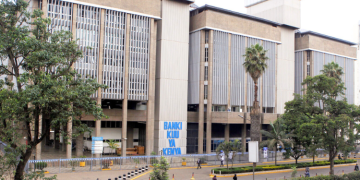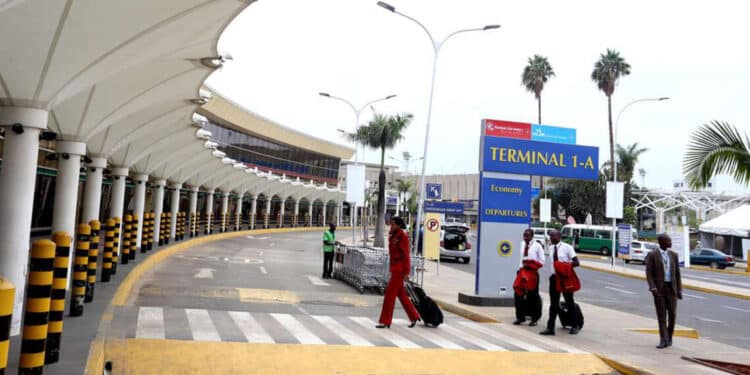Kenyans travelling out of the country can now carry a maximum of Ksh1.9 million (approximately USD 15,000) in physical cash, following a new cap set by commercial banks in the country.
According to the 2025 Survey on the Cross-Border Movement of Cash released by the Central Bank of Kenya (CBK), most banks now require mandatory cash declarations for amounts exceeding USD 15,000 or its equivalent in other currencies.
The report explained that the move is meant to strengthen controls on illicit financial flows and enhance transparency in cross-border transactions.
Therefore, the banks believe that it will prevent smuggling, money laundering, tax evasion, and the financing of terrorism, all of which remain top concerns in the global financial landscape.
Also Read: Kenya Transporting Cash to the UK, South Sudan, and DRC Using Planes
Why Banks Have Set the Cap
The survey, conducted in March and published in June 2025, involved 38 licensed commercial banks in Kenya.
Of those, 15 banks confirmed that they physically transport cash across borders, mainly to support operations in foreign subsidiaries or to repatriate foreign currency from international transactions.
The report reveals that USD, Euros, and British Pounds are the most commonly transported currencies.
These funds are usually moved by air cash couriers and delivered to destinations such as South Sudan, the Democratic Republic of Congo (DRC), Tanzania, the United States, Germany, Switzerland, and the United Kingdom.
Other Measures Implemented
Therefore, as part of the tightening measures, banks are now required to carry out enhanced due diligence before approving large outbound cash transfers.
This includes identifying the cash courier, requiring supporting documents for the source and intended use of funds, verifying customer profiles through Know Your Customer (KYC) protocols, and using counterfeit money detection tools.
Also, the financial institutions report such transactions through Cash Transaction Reports (CTRs) to the Financial Reporting Centre (FRC) and the CBK.
Also Read: 39 Kenyan Banks Launch New Crackdown on Loan Defaulters
Consequently, in cases where suspicious activity is detected, a Suspicious Transaction Report (STR) is filed, and the matter is referred to law enforcement agencies.
According to the survey, 67% of banks have encountered instances of cash smuggling or irregularities in cross-border declarations, though most described these incidents as rare.
The biggest challenges noted include weak border enforcement, lack of advanced monitoring technology, and minimal cooperation from clients or foreign institutions.
Banks are now calling for greater access to customs declaration data and a centralized database that tracks inbound and outbound cash flows in real time.
Additionally, they recommended leveraging artificial intelligence to detect unusual patterns, enhancing cooperation with government agencies, and tightening audits on cross-border transactions.
Follow our WhatsApp Channel and X Account for real-time news updates.










































































